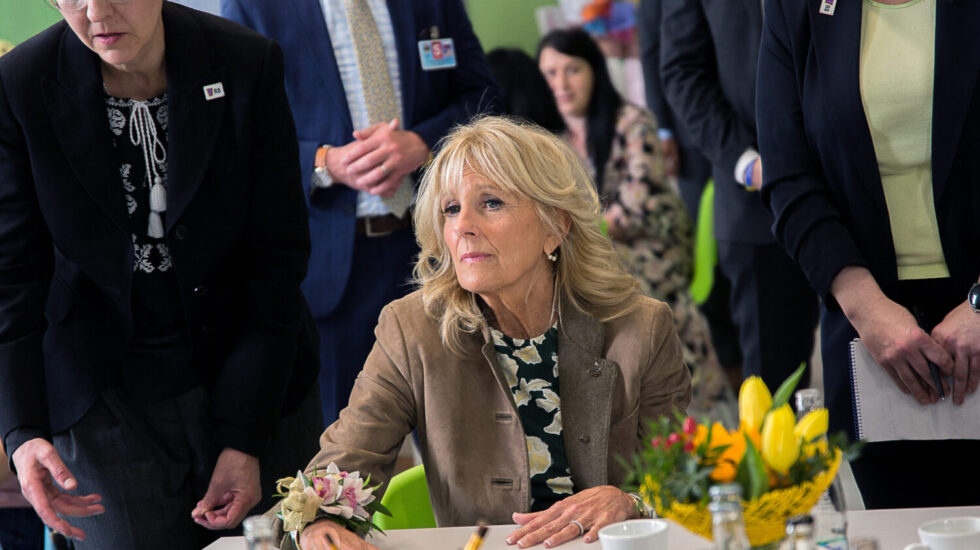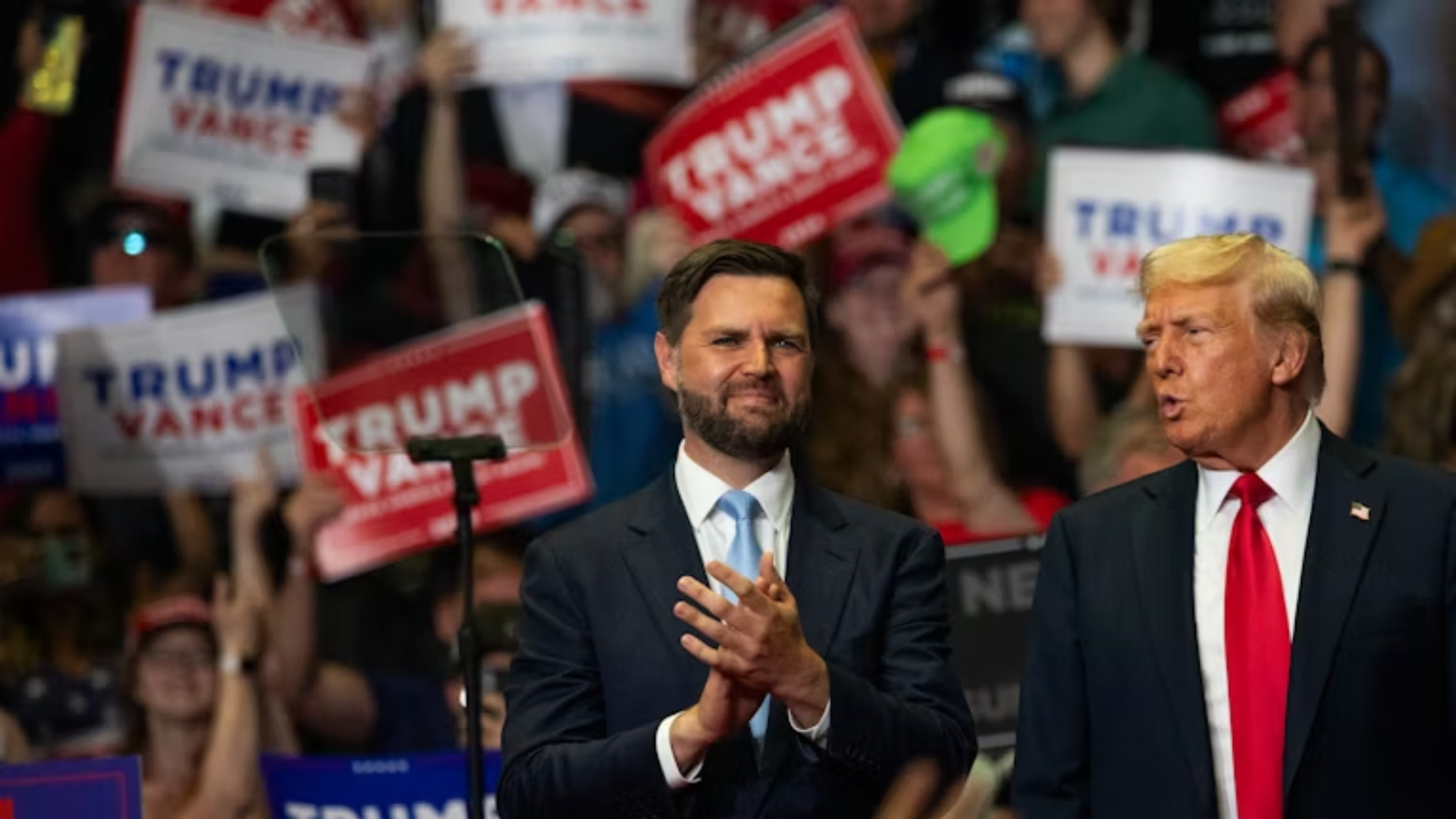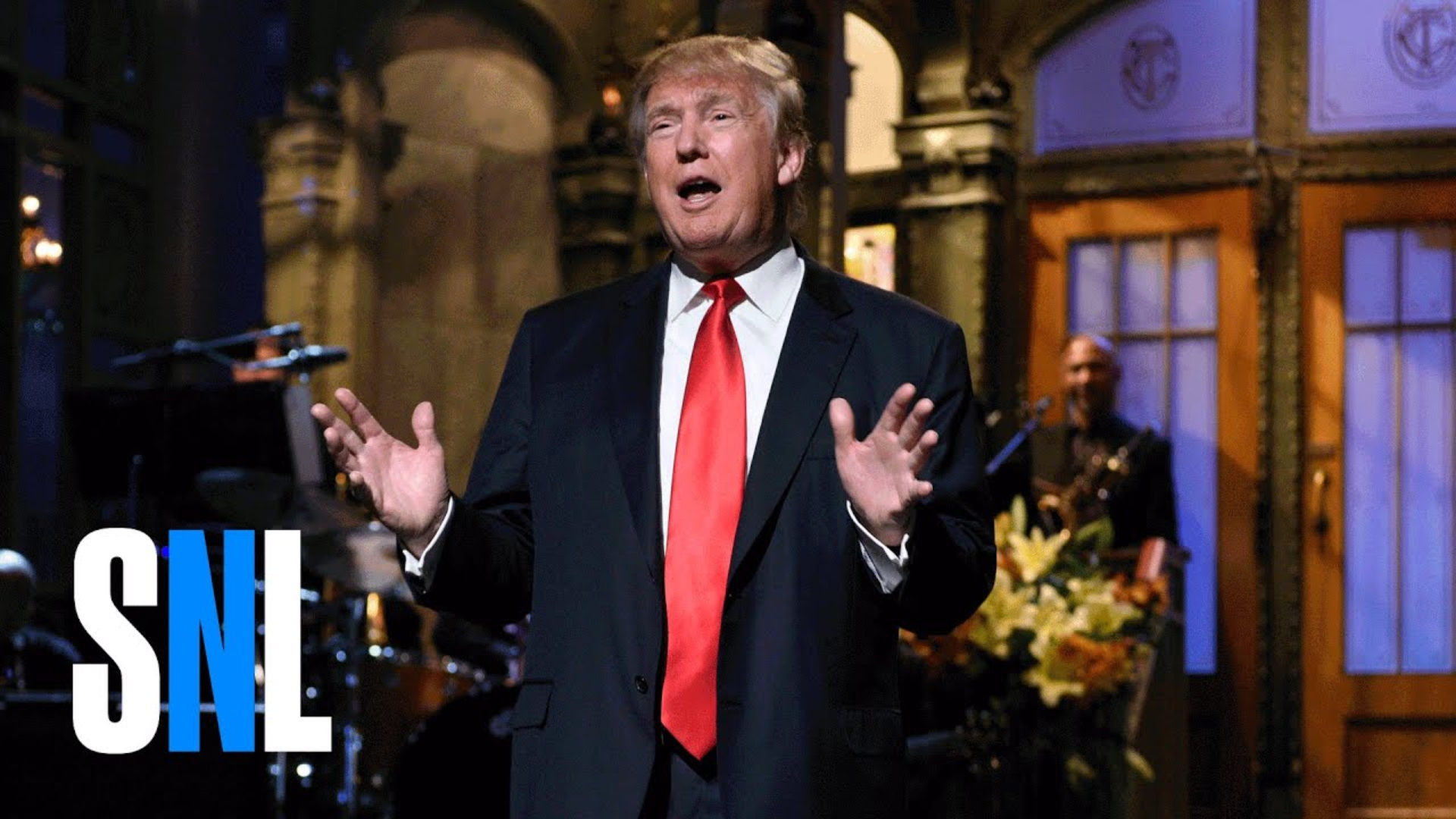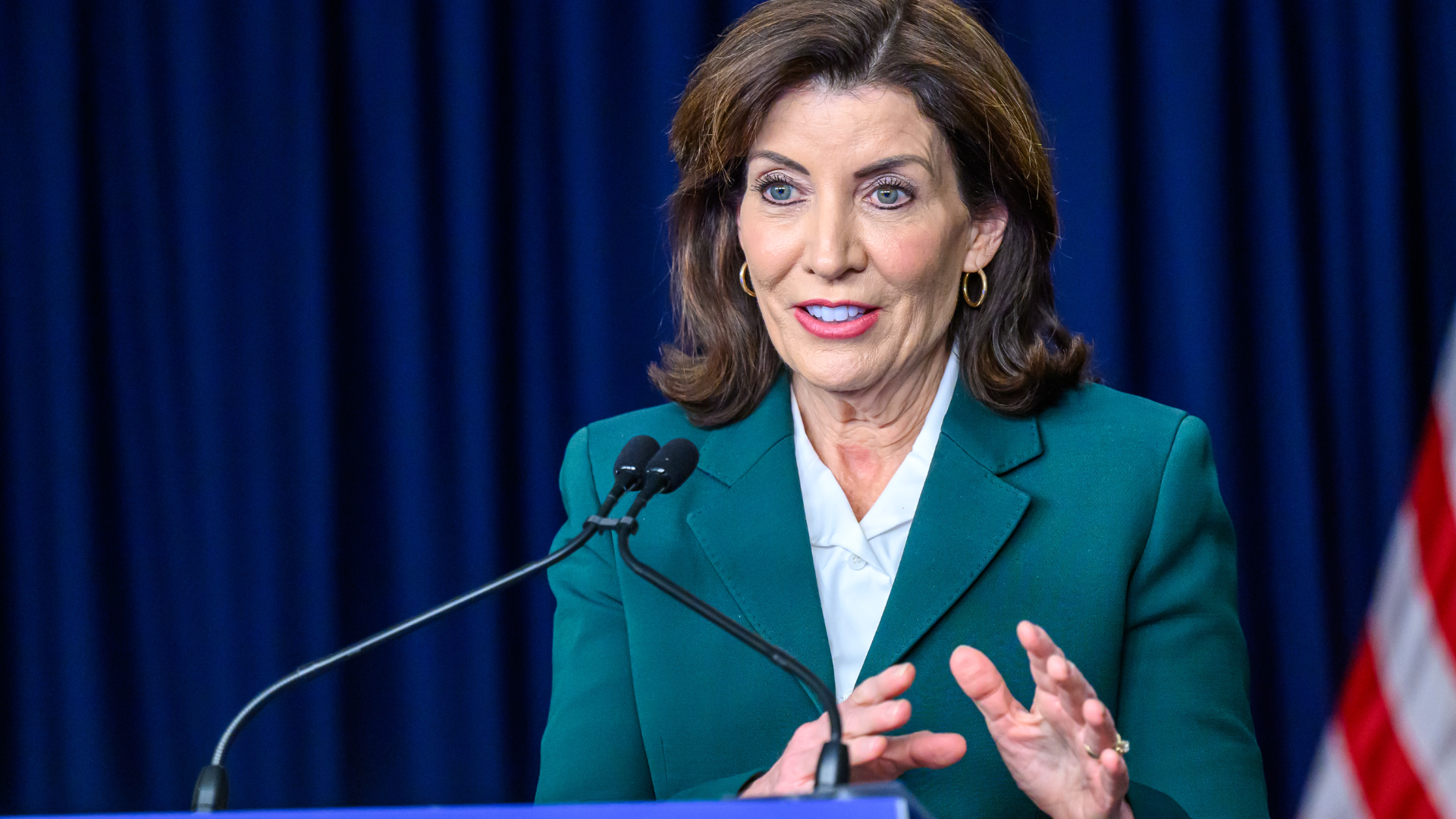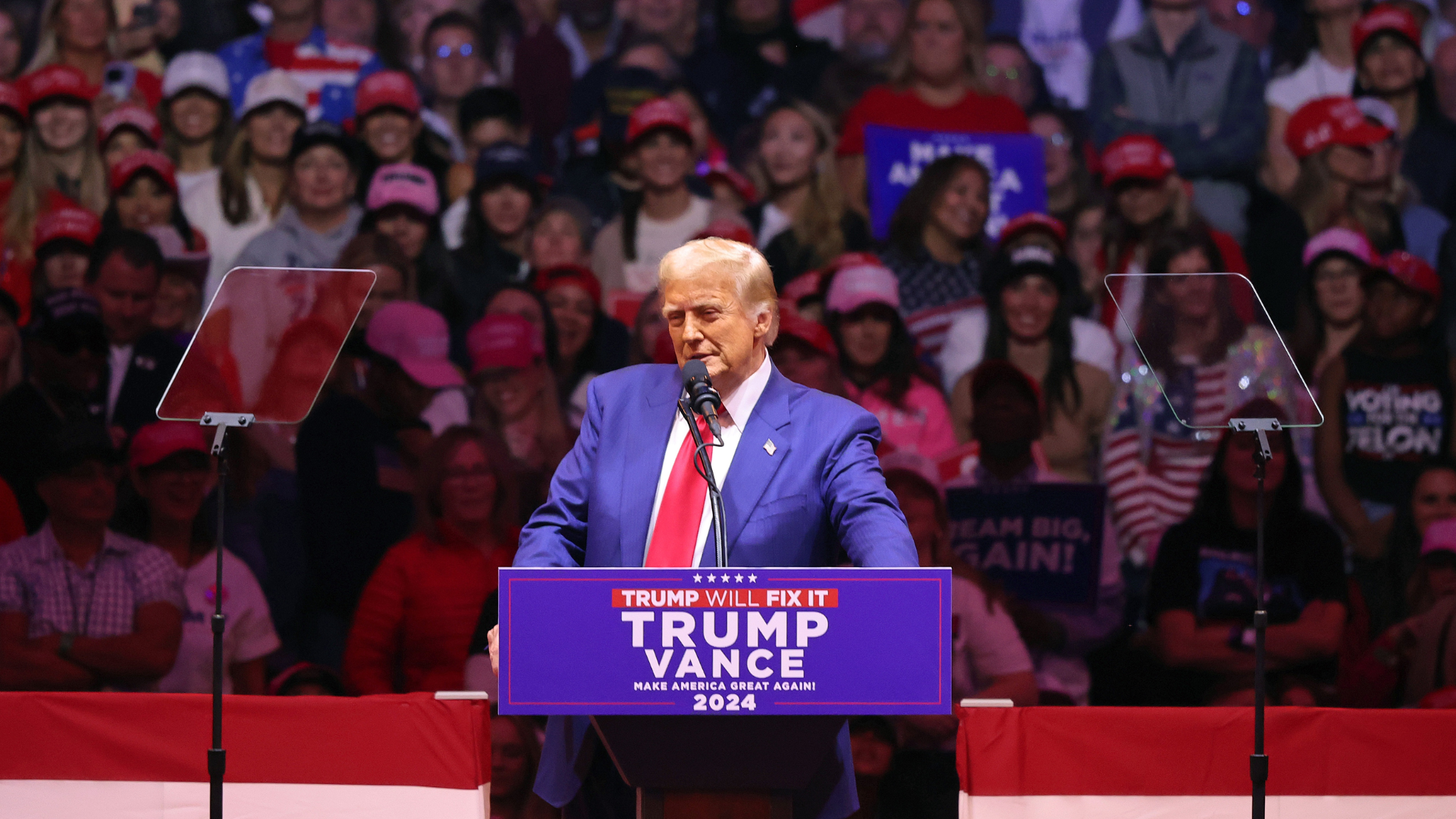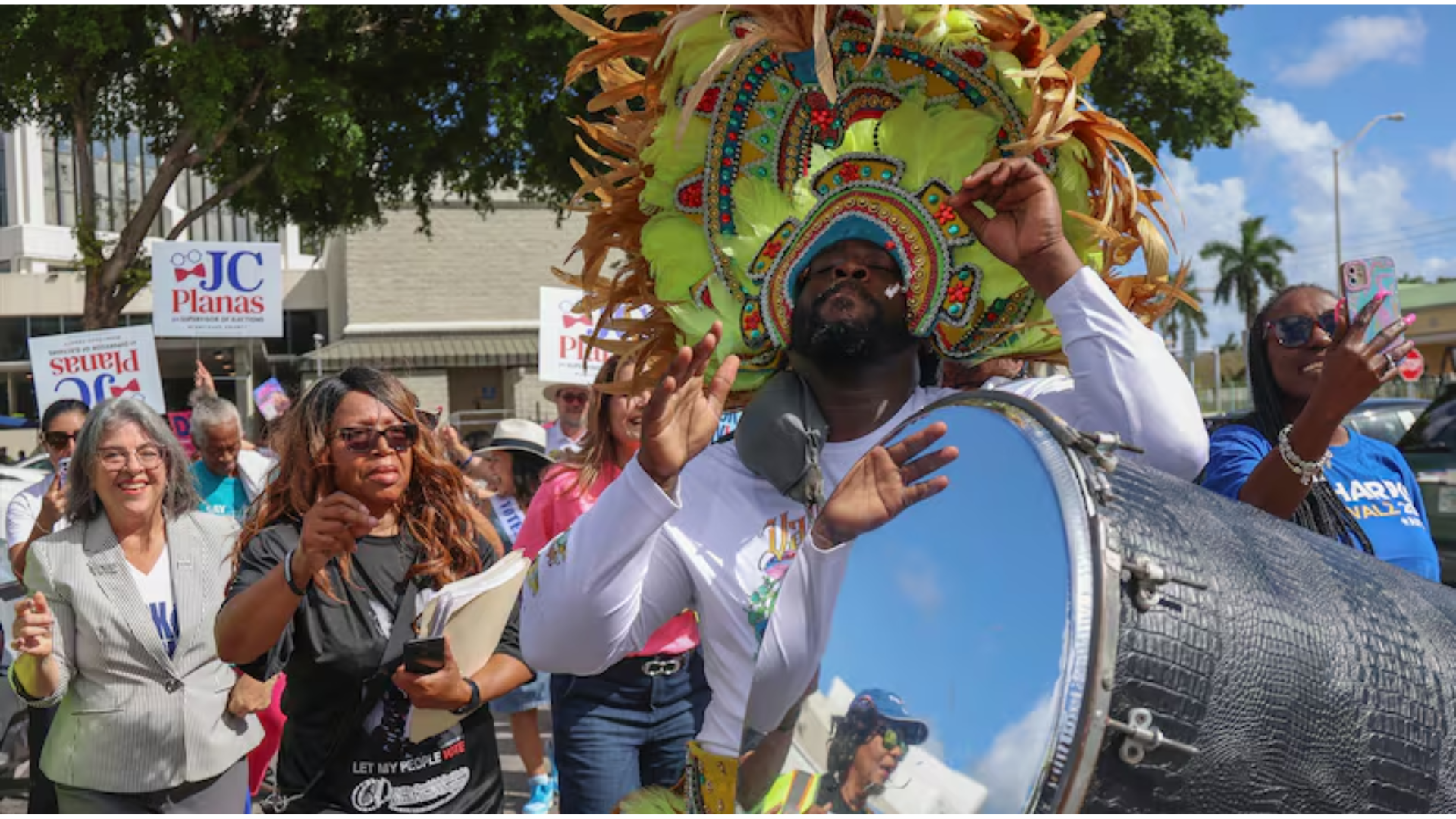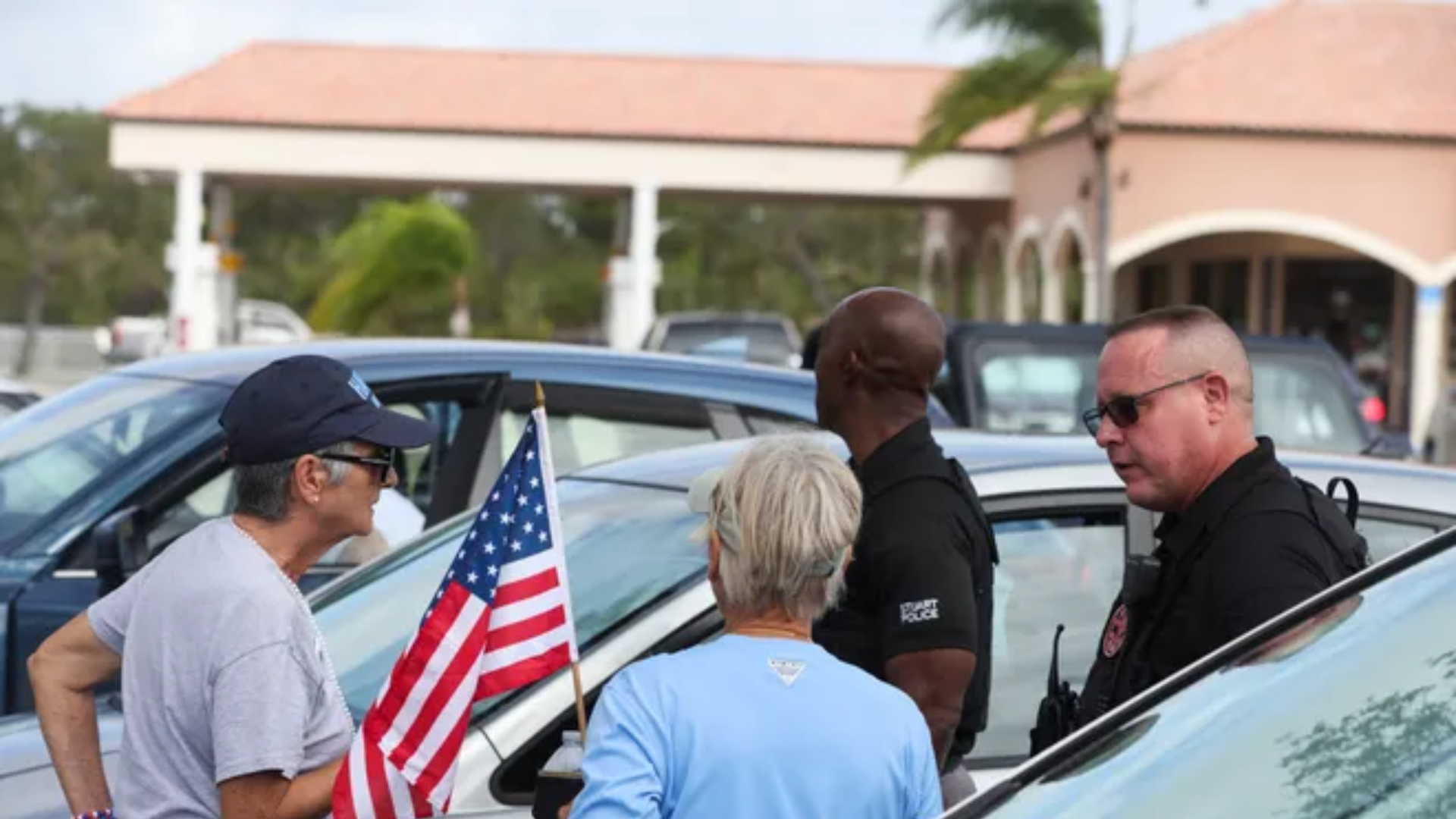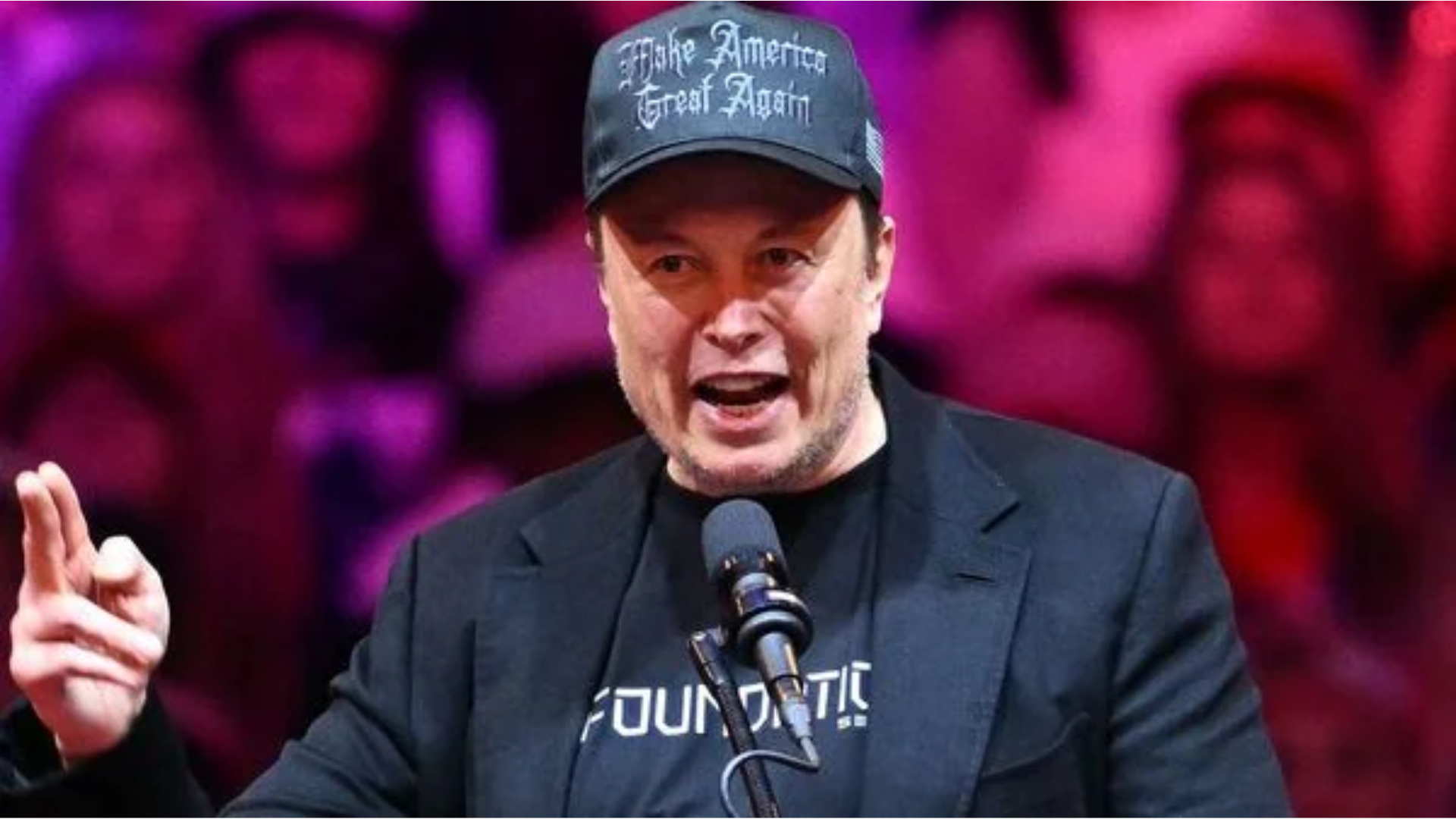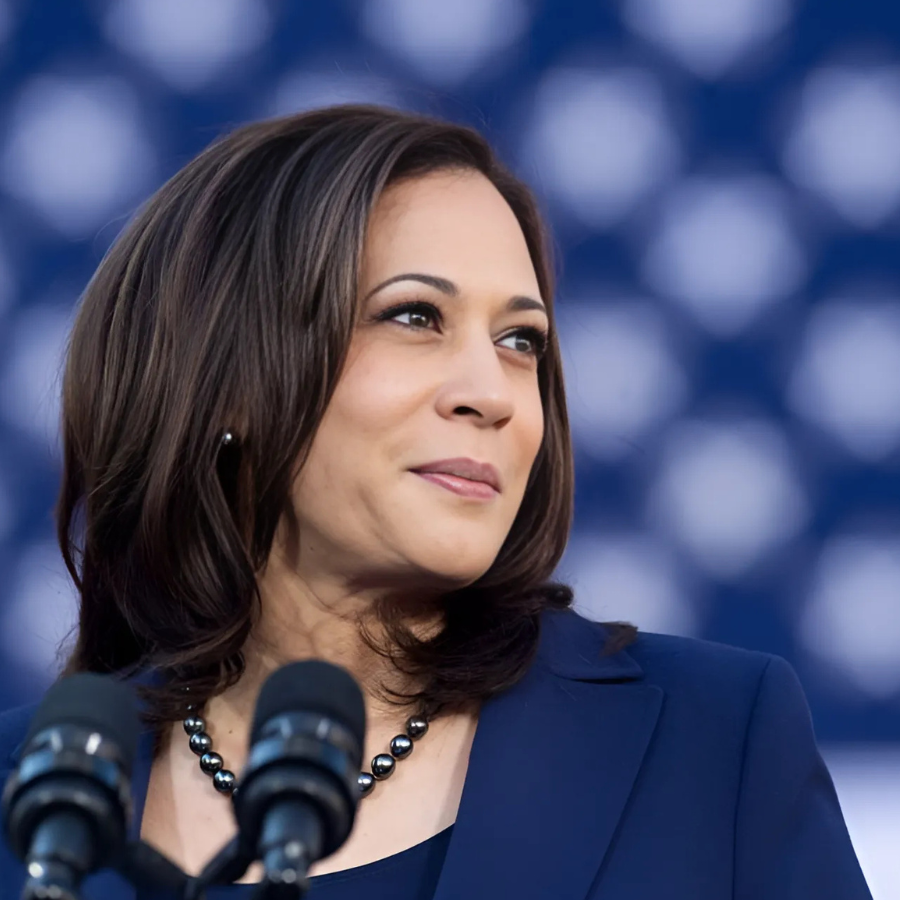
2CC4AD1 Washington DC, United States, democratic party vice presidential nominee Kamala Harris in election campaign in Washington DC
During a recent town hall event, former President Donald Trump described himself as “the father of IVF,” sparking backlash from Vice President Kamala Harris.
In her remarks to reporters, Harris called Trump’s comments “quite bizarre” and pointed to his administration’s impact on reproductive rights, particularly in relation to abortion restrictions across the country.
Harris noted that one in three women in America now lives in a state with strict abortion laws due to policies enacted during Trump’s presidency.
“What he should take responsibility for,” Harris said, “is that couples who are hoping to grow their families through IVF are facing increased difficulties and risks.” She highlighted that Trump’s appointment of Supreme Court justices led to the overturning of Roe v. Wade, which she argued contradicted his supposed support for reproductive health.
Trump made his “father of IVF” comment during an all-women Fox News town hall, where he expressed strong support for IVF access.
He even suggested that, if elected again, his administration would consider covering the costs of IVF through government or insurance funding. Despite this, Harris’s campaign released a statement condemning Trump’s remarks, arguing they reflected why many women distrust him on issues of reproductive health.
Trump’s spokesperson, Karoline Leavitt, downplayed the controversy, stating that Trump’s comment was meant as a joke.
“It was a lighthearted remark,” she explained, emphasizing Trump’s support for accessible fertility treatments and suggesting that the media “get a sense of humor.”
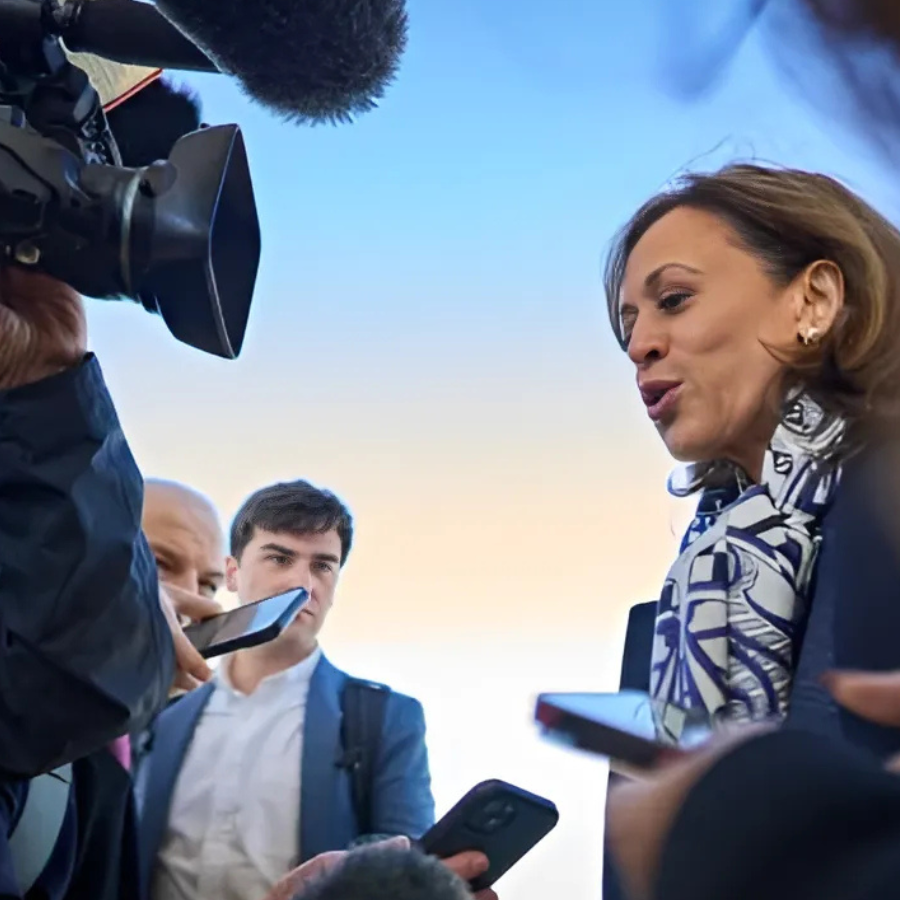
During the town hall, Trump reiterated his approval of the Supreme Court’s decision to return abortion laws to state jurisdiction.
“Thanks to the courage of six Supreme Court justices, we were able to do this after years of turmoil,” he said, referring to the end of federal protections for abortion established under Roe v. Wade.
He also claimed that the change allows states to decide on their own abortion laws, a position that has led to bans and restrictions in more than 20 states.
The debate surrounding IVF and abortion has become a focal point in the political landscape. In February, an Alabama Supreme Court ruling classified embryos created through IVF as children, prompting some clinics to halt services out of concern for legal repercussions.
This led to public outcry and the state legislature ultimately passed a bill in March to protect IVF services.
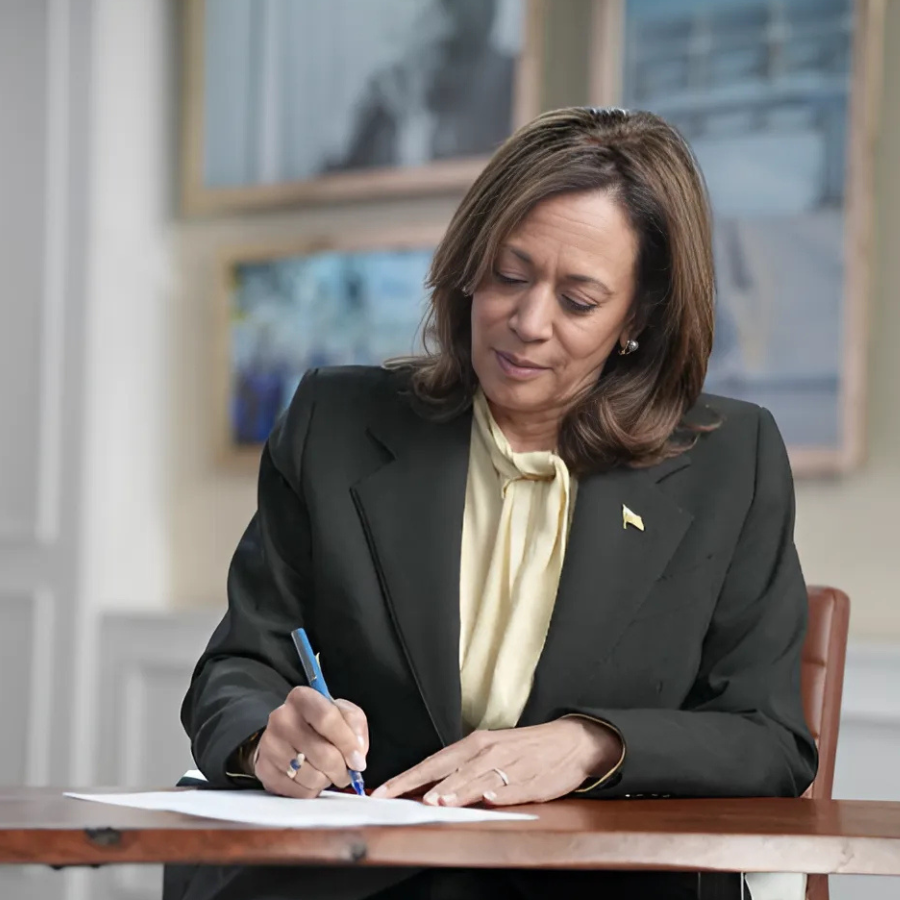
On a national level, efforts to protect access to IVF have faced resistance. Although Congressional Democrats and some Republicans have attempted to pass federal legislation to safeguard IVF, the majority of Republican lawmakers have opposed it, arguing it is politically driven and unnecessary.
As the 2024 election approaches, reproductive rights remain a divisive issue, particularly for women voters. An NBC News poll this month showed a significant gender gap, with women favoring Harris by 14 points, while men favored Trump by 16 points.
Abortion is a top issue for voters, with 53% of respondents indicating that Harris would handle it better than Trump, who received 34% support on the matter.
Harris’s criticism of Trump’s “father of IVF” comment underscores the ongoing debate about reproductive rights in the U.S.
As the issue continues to shape the political landscape, candidates like Harris and Trump will likely face increased scrutiny over their positions on both abortion and fertility treatments, reflecting the deep divisions among American voters.
